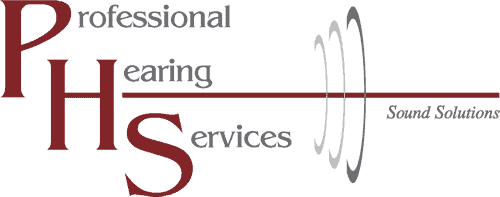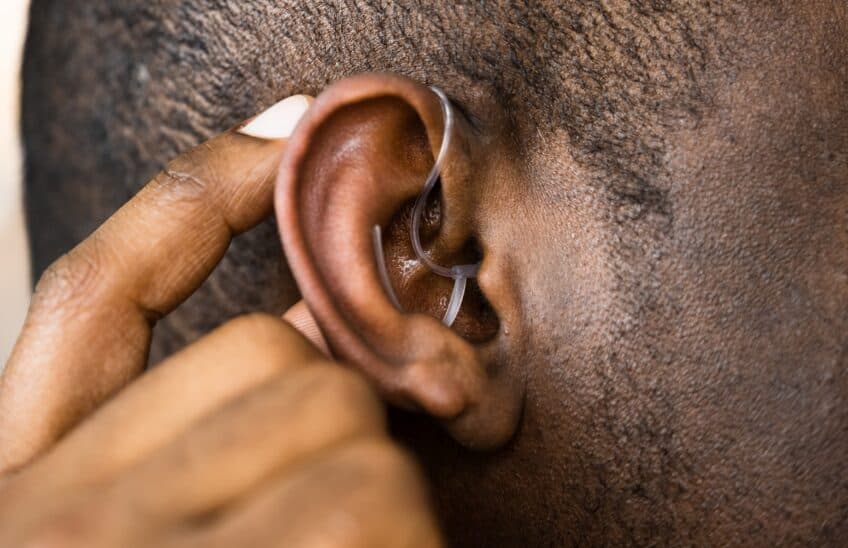Traveling can be stressful. Making flight, transportation, and lodging arrangements as well as packing can stress anyone out. Traveling can present specific challenges for people with hearing loss who have additional hearing needs. Taking the time to think about your hearing needs and how to meet those needs while traveling can ease this process. Planning ahead can also prevent any hearing health related emergencies or inconveniences while traveling. Practicing the following tips can best help you prepare and enjoy any upcoming travel:
- Plan early. The key to preparing for travel in ways that support your hearing needs is to start by planning ahead. Though it can take some time and feel too early or unnecessary, planning out the logistics of your travel is a game changer. This includes booking accommodations, transportation, and the activities you plan on participating in. Developing your itinerary helps you identify what you need in the different environments and activities you’ll be navigating. This also allows you to check for hearing accessibility where you are staying as well as in any planned activity you’ll be participating in.
- Make a packing list. Another action to take during your planning is making a packing list. We recommend writing out the items you’ll need for your travel which helps you identify anything you still need to buy. In addition to clothes, electronics, a book etc.; there are additional essential items that people with hearing loss need. So developing a checklist of your hearing health needs is a great way to make sure you don’t miss the essentials. This includes extra batteries, cleaning supplies, waterproof container to store materials, dehumidifier, rechargeable battery port, and other accessories or supplies you may use. Make a kit with these items so that they are organized and easily accessible.
- Get hearing and hearing aids checked. Be sure to also get your hearing assessed and your hearing aids professionally serviced before your travel. Hearing needs can change over time and if they do, you want to make sure that your hearing aids are still meeting your needs. Generally, people should have their hearing evaluated yearly to stay up to date with their hearing loss treatment. Additionally, getting your hearing aids professionally serviced allows them to be thoroughly cleaned and evaluated. This helps ensure that your hearing aids are working optimally.
- Maximize hearing aid use. Getting your hearing assessed and hearing aids looked at also allows you to ask about any technologies or accessories that can help you get the most from your hearing aids. There is a wide range of features as well as innovative accessories that expand what hearing aids can do. We recommend discussing hearing aid features with your hearing healthcare provider. Features like digital noise reduction, tinnitus management, and bluetooth connectivity can enhance hearing as well as connectivity. This can add convenience while traveling as well as make hearing seamless in what can already be stressful environments: airports, airplanes, dinner parties etc.
- Sign up for alerts. Before your flight(s), be sure to sign up for any alerts via email and text. This allows you to receive and easily access updated information about your travel. Alerts are especially useful because navigating airports and other transportation hubs can be challenging for hearing. These environments are noisy and contain lots of activity which makes them tough to hear in. Receiving alerts allow you to easily track your travel information and stay up to date with any changes or adjustments.
- Be prepared for your flight. Knowing what you can expect for your flight is another helpful way you can support your hearing needs. A few things that are important to know include:
- You are not required to remove your hearing aids when moving through airport security or on your flight. You should always be wearing your hearing aids.
- Sharing your hearing loss with flight attendants can be helpful. This lets them know that they may need to communicate any important information directly to you.
- You can request accessibility seating which is typically more towards the front, allowing you to see flight attendants better.
Practicing these strategies can help you effectively prepare for your travel and ensure that your hearing needs are met. Contact us to learn more about the technologies that are available to support you.


